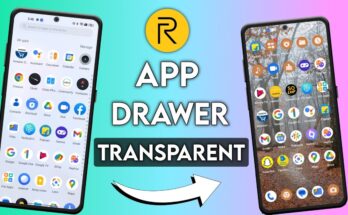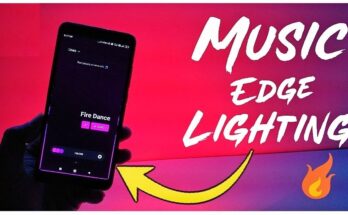In our increasingly digital era, mobile applications and interactive games have become essential tools for both leisure and productivity. However, the financial barriers tied to some of these digital offerings might deter many users from fully experiencing them. This article delves into various methods for accessing premium content, obtaining applications and games without cost, while also shedding light on ethical boundaries and inherent risks.
Comprehending Premium Digital Offerings
Defining Paid Applications and Games
Paid applications and games are specialized software items sold through platforms like Apple’s App Store and Google Play Store, often granting users enhanced functionalities, an ad-free environment, or exclusive content not available in the free versions.
Why Users Seek Cost-Free Versions
The inclination towards unpaid downloads arises from several motivations:
- Financial Constraints: The cumulative costs of various apps and games may not be manageable for everyone.
- Trial Opportunities: Many prefer to assess an app’s features before committing financially.
- Access to Special Features: Certain applications offer unique, locked functionalities that users are eager to explore without cost.
Ethical and Legal Dynamics
Respecting Intellectual Property
It’s paramount to acknowledge that applications and games fall under intellectual property rights and copyright protections. Acquiring paid content through unauthorized channels may infringe on these protections, leading to legal consequences.
Valuing Developer Support
Purchasing apps and games helps sustain developers, motivating them to continue creating content. Free alternatives, while appealing, are not always ethical or conducive to long-term industry viability.
Avenues for Free App and Game Access
- Official Promotions and Temporary Discounts
Many app platforms hold periodic promotions where paid apps become accessible at no cost or with significant discounts. Keep an eye out for:
- Holiday Sales: Major holidays often come with steep discounts.
- Promotional Events: Developers might offer discounts or free access during app launches.
- Free Trial Periods
Some developers provide free trial versions, allowing users to experience full features temporarily. This option lets users gauge the app’s value before purchasing.
- Third-Party App Platforms
Certain unofficial app stores supply free versions of popular apps. While this option may be appealing, it can also expose users to risks like malware or outdated software. It’s crucial to verify the source’s credibility.
- Open-Source Substitutes
Open-source platforms often offer free alternatives to paid apps, delivering similar functionalities. Notable sources include:
- F-Droid for Android applications.
- GitHub for diverse software solutions.
- Account Sharing
Some applications support multiple users on a single account. Sharing with trusted friends or family may be an option, provided it aligns with the app’s terms of service.
Potential Dangers
Malware and Security Hazards
Acquiring applications from unofficial sources may expose devices to malware, viruses, and security threats. Prioritizing reputable sources for downloads is essential for safety.
Account Suspensions and Legal Ramifications
Using unauthorized channels to access premium content can lead to account suspensions or, in severe cases, legal action. Abiding by app store terms of service is essential.
In Summary
Though the allure of free access to premium games and applications is strong, approaching this pursuit with responsibility is imperative. By understanding the ethical implications, exploring legitimate alternatives, and supporting content creators, users contribute to a healthier digital ecosystem. Prioritizing security and legality ensures a safer and more sustainable experience when seeking ways to unlock premium content.



